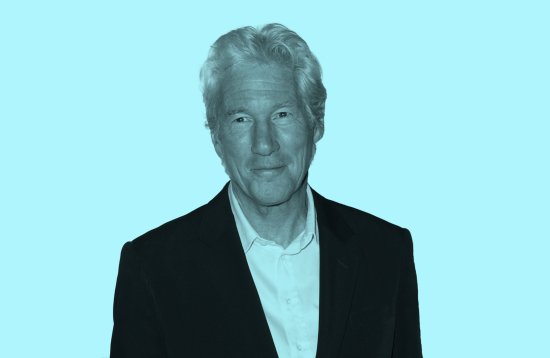
We know what works: We start with housing. But most importantly we have to ask ourselves: Are we in this together or not? All of us
When we first started filming Time Out of Mind, I wasn’t sure whether we could make the movie work. I had been developing this film about a homeless man in New York City for more than 12 years. I first saw the script while I was working with the Coalition for the Homeless. Though I later had it rewritten, I was completely connected to the story, and I knew that if we made a great movie, it could have a positive effect in that world of advocacy for the homeless.
But there was just one potential problem: The entire movie depended on using hidden long-lens cameras to capture me—in character as a homeless man—on the streets of New York City. The worry was that I would be out there for 15 seconds, and people would understandably be disrupting the shoot.
[time-brightcove not-tgx=”true”]
So I was carrying a bit of that anxiety that first day when I walked out onto a busy corner in the clothes, haircut, the stooped posture, the emotional state of the character George. And … no one paid any attention to me. Richard Gere was invisible.
Standing there, as people walked past, I realized that the concept for the movie was going to work. But I also started to have this bizarre feeling. People were making an active decision from blocks away to ignore me. They were projecting their negative feelings on me as a homeless person. It wasn’t that I was invisible; it was more like I was a black hole that people were afraid of getting sucked into. It’s much darker than invisibility.
When I was playing that part, I could feel how rapidly I could descend into feeling that I wasn’t part of the social structure anymore. It’s pretty fragile what holds us together. And I began to feel that the surface of things is not to be trusted.
An image taken of me in character was posted on Facebook a few weeks ago, and even though the caption was somewhat fictional, it got more than 85 million hits, 1.5 million likes. The attention it received suggested to me the power we could generate as a group of interested people working together.
Addressing the issue of homelessness isn’t rocket science. It’s housing—providing long-term affordable housing and helping people integrate back into their lives through a wide range of services. Creating community. But the crux of dealing with the issue starts with asking: Are we in this together or not?
When we look at every problem we have in society, there are people on one side of this essential question, and there are people on the other. If we all approach a problem together, we will find solutions. There are enough resources to go around that no one needs to be without a home, or food, or shelter, or medical services. We just need the will to realize that we are all deeply interconnected—whether it’s a homeless person in New York or a Syrian refugee.
When I pass a homeless person on the street, I try to give something. Very few people in New York could not give a dollar to every homeless person they pass, with no expectation or judgement. The least we can do is make eye contact and offer a simple, silent thought of “I wish you happiness.”
Being homeless subjects you to a dehumanizing experience. Navigating shelters involves the bureaucratic nightmare of being processed, somewhat like a criminal, in order to have somewhere to sleep. Too many homeless are warehoused for a night and then tossed out in the morning. To be successful the approach should be toward more permanent housing. It should be about community, with a friendly face, a generosity of spirit and a great sense of patience. Those are the qualities that can save a life.
People are all yearning for their place. There’s an interior place, a home of deeper spirit, love, compassion and connectedness. But on the way to that, the nurturing of the human being and human psych is desperately important. A place, a room that you can call your own, and a community that sees you as a individual, embraces you, and treats you as a human being—that’s home.
Richard Gere is an actor, producer and activist for New York’s Coalition of the Homeless.
